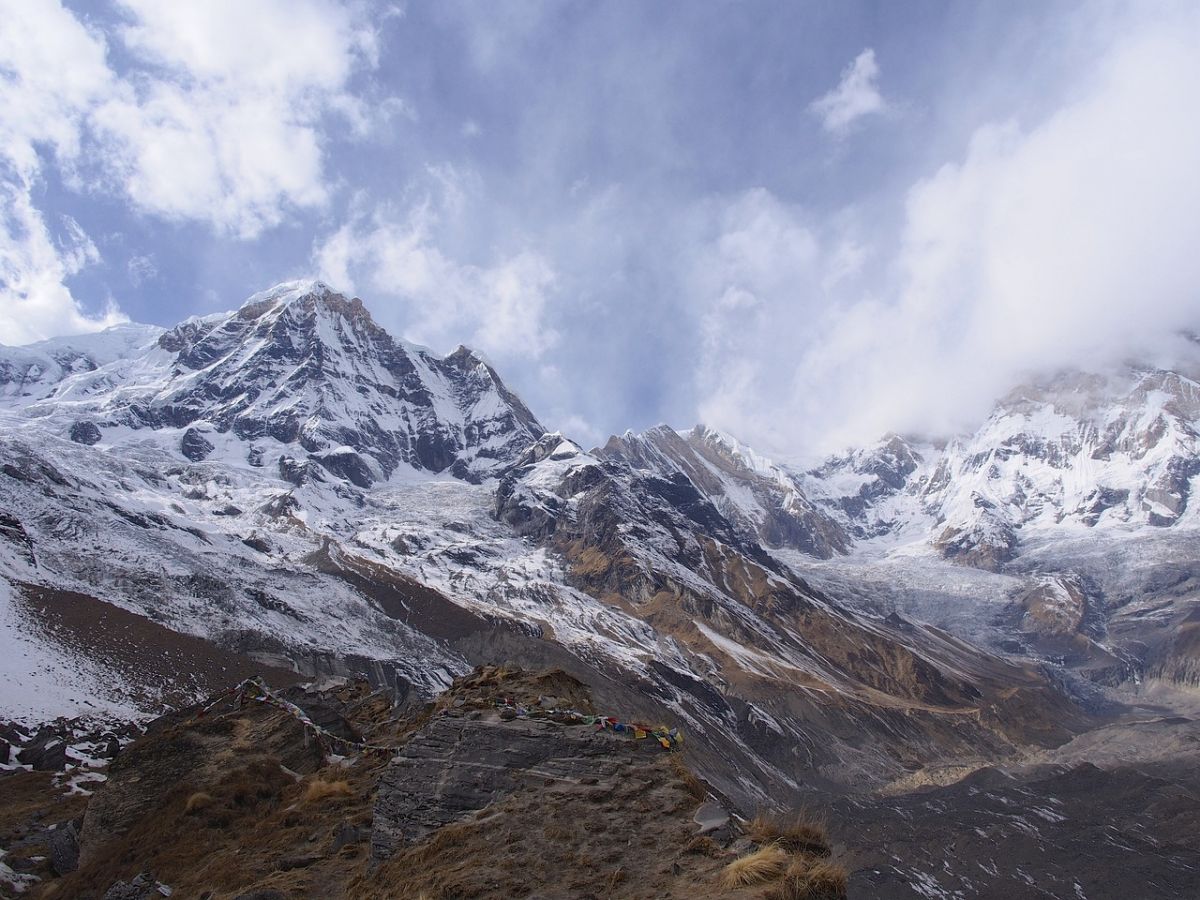Often overshadowed by the exploits of the climbers they accompany to the rooftops of the world, the Sherpas, a Himalayan people from Nepal, are renowned for their mountain expertise, their exceptional endurance at high altitudes and their key role in accompanying mountaineering expeditions. What sets them apart even more is their incredible ability to adapt to extreme conditions, where most humans would require supplemental oxygen to survive.
As we climb in altitude, the air becomes thinner and oxygen becomes less and less accessible: a phenomenon known as hypoxia. It was already known that the metabolism Sherpas were exceptional, with their lungs playing a crucial role in their ability to adapt to high altitudes. But a recent discovery highlights another key player: the kidneys. This is highlighted by a study published in the journal Proceedings of the National Academy of Sciences, and carried out by the team of Trevor Day, physiologist at Mount Royal University (Canada).



